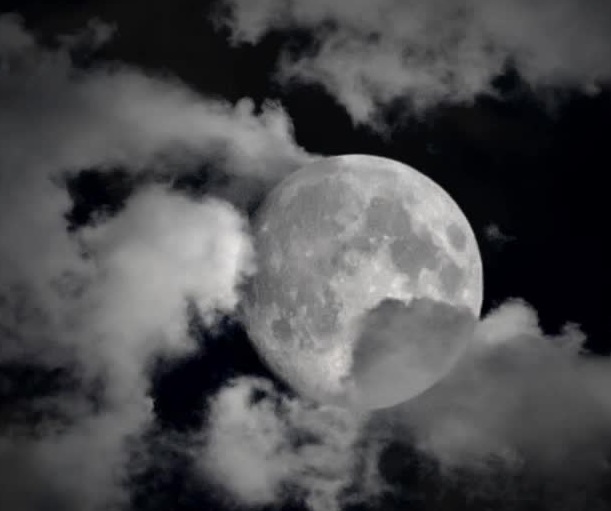FWP:
SETS == INEXPRESSIBILITY
For more on the nature of 'crevice-work' and the general themes of this verse, see {113,2} (and {64,4}). For the closest possible parallel verse, see {87,4}. On the use of cotton in crevice-work, see {87,4}.
In his excellent analysis, Naiyar Masud has provided the real key to the verse. The commentators all agree that the verse describes (or suggests, since it's actually indescribable) the darkness within the lover's 'bedchamber'-- which in Urdu is literally, and very appropriately, a 'night-place' [shabistaa;N]. But only Naiyar Masud takes the necessary further step-- a step not only warranted, but even in fact required, by the phrase 'darkness-diffusing' [:zulmat-gustarii]. (Consider the definition above; if we don't adopt Naiyar Masud's reading, we have no use for the word gustarii .) His analysis is so persuasive, it makes such a rich and enjoyable meaning, that the moment we grasp it, we can't not read the verse through its lens. His reading turns what might otherwise appear (as it does to Nazm and the other commentators) to be a straightforward, rather conventional verse, into a fresh, powerful, vivid, and astonishing one.
He envisions the bedchamber as the opposite of
a lamp: as something that actually diffuses darkness beyond its own
walls and into the whole outer world. What a
chilling, even terrifying vision! Thus we can read 'it would be
a moonlit night' literally (as describing the outside world) as
well as metaphorically (as describing the speaker's bedchamber). Closing up
the crevice-work with cotton would then become a gesture of
protection toward the larger world. Although, as Naiyar Masud
points out, who would believe it? In view of the science-fiction
and/or gothic-horror power of that bedchamber, the
inexpressibility trope works brilliantly here.

Nazm:
That is, in my black room a bit of cotton would seem to be the moon. (122)
== Nazm page 122